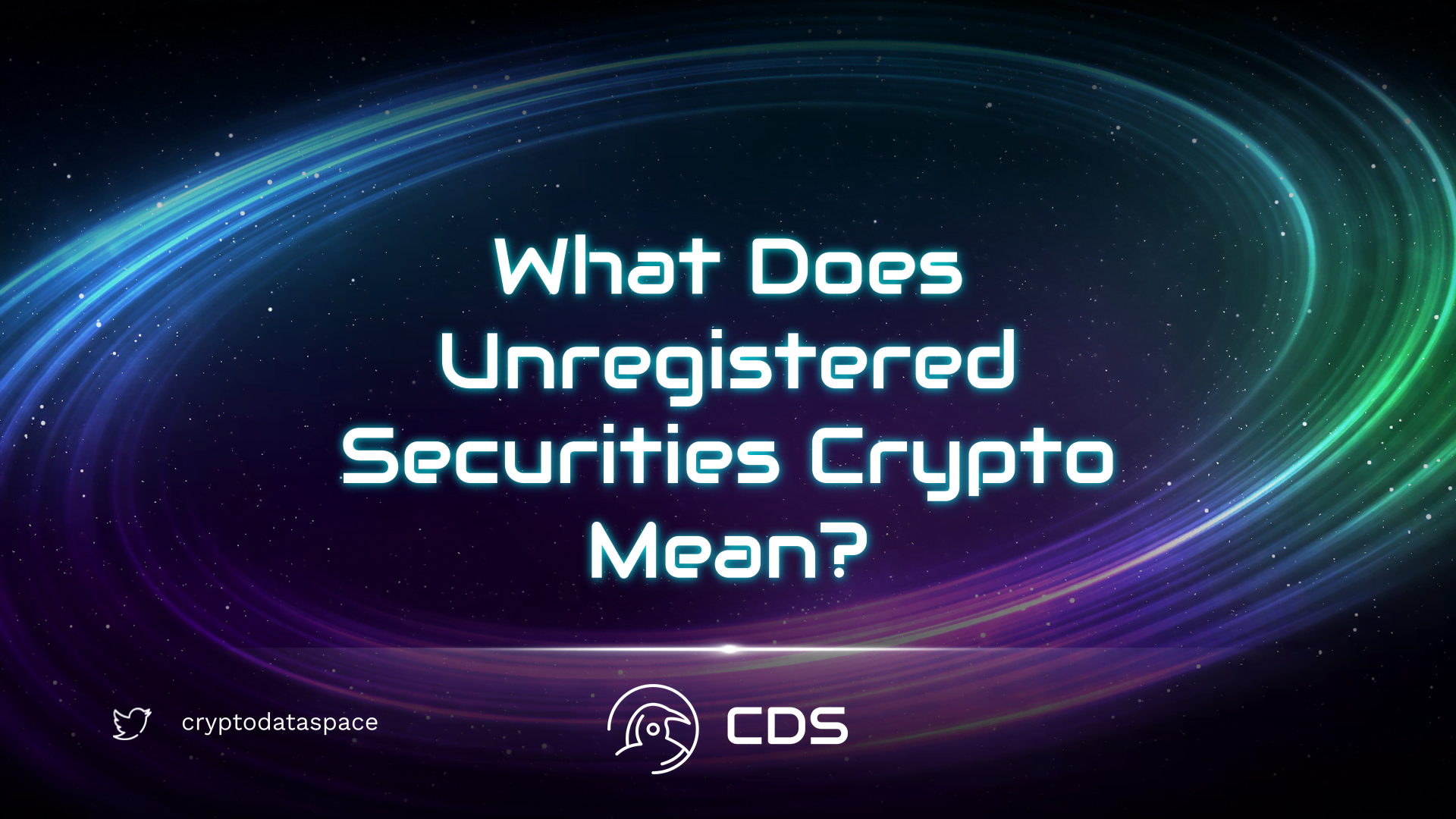Investors want to protect their savings. It is therefore very significant that their investment is reliable. Especially in a highly volatile environment like cryptocurrencies, they want to secure their investments. This is where securities come into play. In this article, we will review the answers to questions such as what are securities, what are unregistered securities crypto, and what are registered securities.
What Does Unregistered Securities Crypto Mean?

Before we learn what registered and unregistered securities mean, we first need to understand what security is. According to the Securities Act of 1933, security includes the following:
“Any note, stock, treasury stock, security future, security-based swap, bond, debenture, evidence of indebtedness, certificate of interest or participation in any profit-sharing agreement, collateral-trust certificate, pre-organization certificate or subscription, transferable share, investment contract, voting-trust certificate, certificate of deposit for a security, fractional undivided interest in oil, gas, or other mineral rights”
Securities rules are unaffected by the type of compensation received in exchange for securities. In other words, the requirement to register does not end if Bitcoin is accepted in place of dollars in payment for equity in a fledgling firm. Registration may be an unnecessary inconvenience and expense, but neglecting to do so exposes the business and its officers to harsh penalties, including jail time.
What are Unregistered Securities?

Securities that have not been registered with the Securities and Exchange Commission (SEC) are referred to as unregistered shares or restricted stock. In exchange for professional services, startup firm capital, or through private placements, Regulation D offerings, or employee stock benefit programs, they are typically issued.
What are Registered Securities?
A registered security is either one whose transfer is prohibited or one whose owner is recorded with the issuer.
Securities whose ownership is recorded with the issuing business or its agent are referred to as registered securities. In contrast, bearer securities do not. Whoever holds the certificate is considered to be the owner of bearer securities. The owners of the securities are not listed in any ledger. The issuing business or agent of registered securities maintains a ledger listing the owners of all the securities. Changes in names in the ledger are the sole way for ownership to change hands.
Understanding Regulation D’s Requirements

Companies that adhere to Regulation D’s standards must file Form D regardless of the number of investors, even though they are exempt from registering their offering with the Securities and Exchange Commission. After the first securities are issued, Form D must be electronically submitted. This form demands the disclosure of any bad actor occurrences within a specific time frame, the names and addresses of the company’s promoters, executives, and directors, as well as key information on the offering.
What Happens If Unregistered Securities Are Purchased?

The fact that an issuer should have registered but didn’t should cause potential investors to pause, even if a buyer of unregistered securities most certainly wouldn’t violate the law. The absence of registration could be a sign of fraud or inept management.
What is Unregistered Stock Fraud?
Scams using unregistered securities can occasionally victimize investors. These frauds frequently present their transactions as private deals with no risk and enormous potential returns.
When thinking about making an investment in an unregistered offering, the SEC advises investors to keep an eye out for some of these typical indications of potential fraud:
- High profits with little to no risk, according to the claims
- Investing professionals who are not registered
- Aggressive methods of selling
- Issues with sales documentation
- There are no criteria for wealth or income
- There seems to be only one salesperson involved.
- Virtual or phony offices
- The company is either not listed or not in good standing.
- Unwanted investment proposals
- Suspicious or unverified biographies of the promoters or management
Investors can also check the EDGAR database of the SEC online to see if a specific security is registered. Every stock that a typical investor trades will be recorded in the database.















Leave a comment